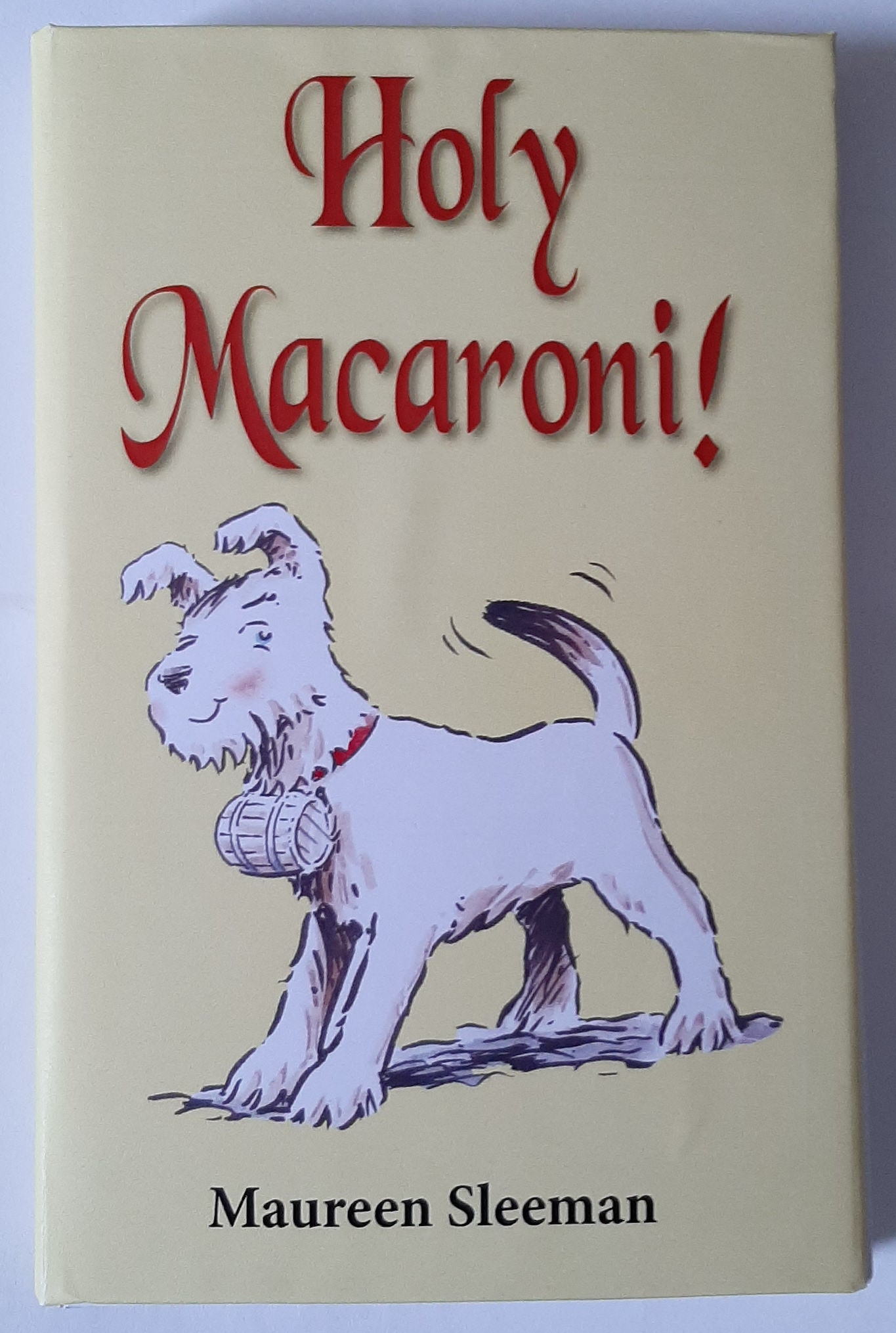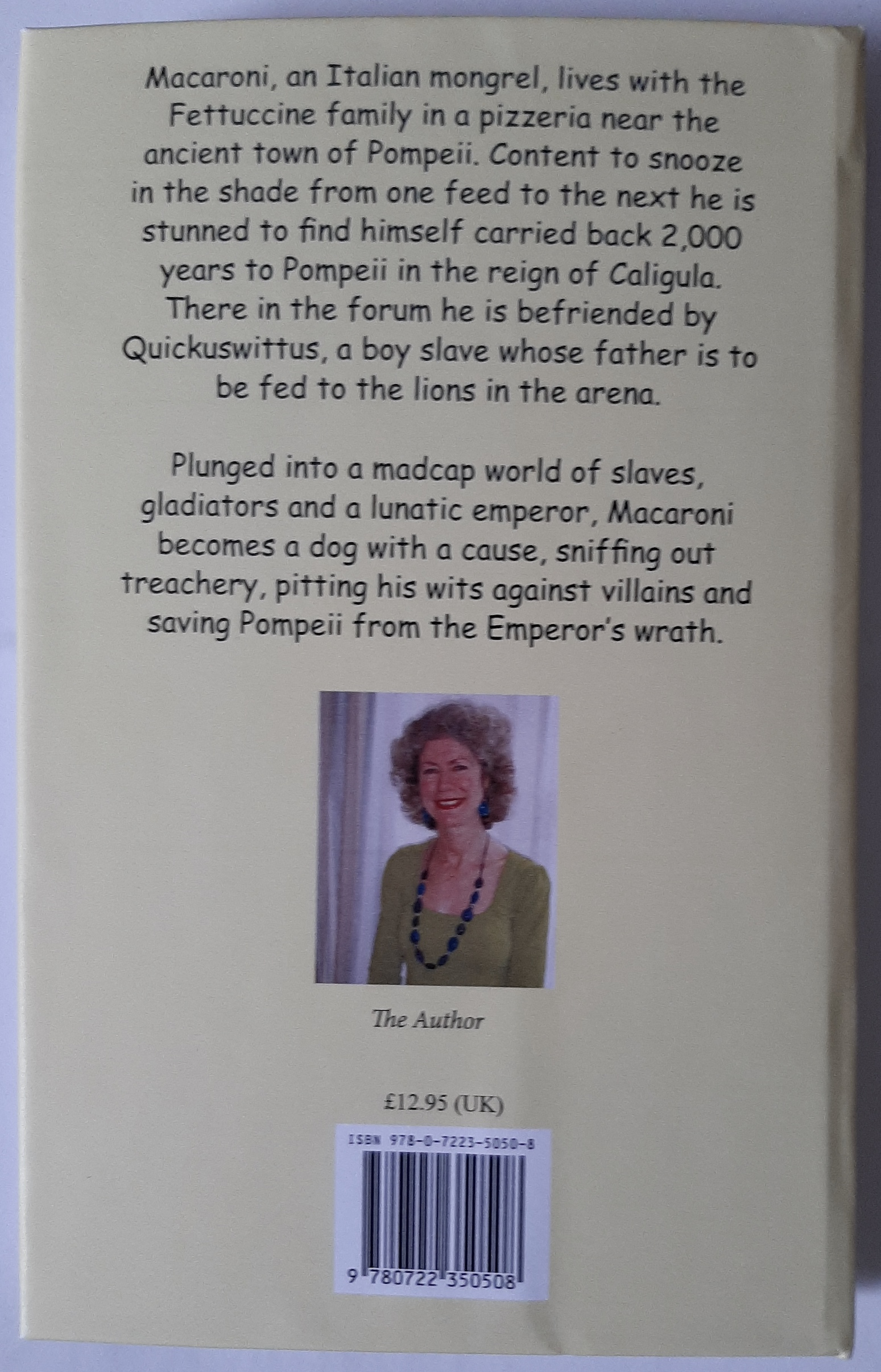by Lisa Di Tommaso | Jul 26, 2025 | Acquisitions, Blog
Click on these links to see the lists of books purchased by the library in 2025 to date.
Don’t forget you can make your own suggestions via the book at the front desk – or just get in touch with library staff. The Book Selection Committee meets three times a year and considers all suggestions.
If you’d like to read anything on the lists, just contact library staff and we’ll reserve it for you.
New Purchased Fiction – June 2025
New Non-Fiction purchased- June 2025
by Lisa Di Tommaso | Jul 14, 2025 | Acquisitions, Blog, Morrab Library
When former Morrab Library President and Patron John le Carré passed away in 2020, his extensive book collection was donated or sold across various locations. The library made the decision to acquire one of these volumes, which holds a particular special link to the library, through two people who played important roles in its history and collections.
Richard Carew (1555 – 1620) was a Cornish scholar of antiquities and his Survey of Cornwall, first published in 1602 , is an important title in its own right. The volume details the geography, history, and culture of Cornwall at the time, and offers insights and observations that reflect Carew’s own personal experiences and knowledge of the region. Carew aimed to document the distinctiveness of Cornwall, its natural resources, and its people. This particular volume is the 1811 edition (held at: SPC 942.37).

While we’re not certain of the circumstances that led Mr le Carré to purchase this title, it is not beyond the realms of belief that its previous owner proved a significant influence. The book carries the bookplate of Arthur Quiller-Couch (1863-1944), or ‘Q’, a Cornish novelist, scholar and literary critic. The library holds many of Q’s works, and in a speech to the library in 1919, said of the Morrab:
“There are some things in this world which the traveller, if he has eyes to see, can’t help but find just right. [It is not] fanciful to suppose …a guest at closing time, resting his strained eyes on the view across Mount’s Bay, with a sense that here was the real world scarcely less enchanting than the visionary sea of marvels, a city of God behind him, upon which the caretaker was closing the shutters for another night…”
 Arthur Quiller-Couch
Arthur Quiller-Couch
John le Carré was was a passionate supporter and friend of The Morrab Library for many years. As well as holding the role of President from 1997-2002, he later continued for many years as our Patron. His relationship with the Library stretched even further back to the 1970’s, giving his time to many events and meetings to support the library over the years. Mr le Carré supported the library in many ways, including establishing the Morrab Fellowship, which for a number of years provided a bursary to local sixth-formers to purchase books for their studies. He also commissioned the construction of a number of the mahogany reading tables located in our rooms upstairs, and he paid the insurance premium on our book collection throughout his tenure as President. Mr le Carré will be remembered for his vision for the library’s future, and his aim of encouraging young people to join and be inspired by this special place.
 John le Carré pictured with Morrab Library colleagues in 1975
John le Carré pictured with Morrab Library colleagues in 1975
So Richard Carew’s important tome provides a special link to two of the library’s most interesting and important supporters.
At the back of the volume, there is a page of unattributed handwritten annotations on the subject of Cornish etymology. Intrigued by this, one of our brilliant library volunteers, Jane Prince, delved into the background of the provenance of Carew’s volume, exploring the possibilities of how it may have come into the hands of Arthur Quiller-Couch, before passing to John le Carré, and uncovering who may very likely have been been responsible for the mysterious note. Her paper follows…

The mysterious, unattributed notes
“This volume, which contains Sir Arthur Quiller-Couch’s bookplate, was accompanied by a slip from the sales house mentioning the notes made by a former owner, suggesting that these may have been made by Q himself. However, a comparison with the facsimile of a letter in Q’s handwriting in Brittain’s biography shows that this is not the case. However, the cross-references in these notes to Halliwell (probably to his Rambles in Western Cornwall of 1861) indicate that the volume might, in fact, have been a survivor from the library of Q’s father, Dr Thomas Quiller Couch.[1] Most of his books were sold to pay debts on his death in 1884, when Q, still an undergraduate at Trinity, Oxford, was left the head of the family with a mother, two sisters and two much younger brothers to support. The reference in Q’s autobiography implies that he kept some of his father’s extensive library.[2]
 Arthur Quiller-Couch’s bookplate in Carew’s 1811 volume
Arthur Quiller-Couch’s bookplate in Carew’s 1811 volume
James Orchard Halliwell (later known as Halliwell-Phillips) was a contemporary of Thomas Couch and they had a common acquaintance in J. T. Blight, who was a friend of Thomas and who also illustrated Halliwell’s Life of Shakespeare (1848). A footnote referencing Halliwell’s Rambles accompanies the details of Chapel Uny Well taken from Thomas’s original notes for Ancient and Holy Wells of Cornwall, which was published, with additional research, by Q’s sisters Mabel and Lilian.[3] The entry for Scarlet’s Well, Bodmin, quotes Thomas Couch’s manuscript in full in which he in turn quotes from Carew’s Survey.[4] A footnote to St Nun’s Well, Alternon also refers to Carew’s Survey but citing the 1769 edition, although it could have been the case that Mabel and Lilian just looked up the reference in that particular edition. Ancient and Holy Wells was published in 1894 by which time Q was living and working in Fowey, so his sisters would no longer have had access to their father’s copy of Carew.[5]
The Morrab Library is fortunate in having an archive of J. T. Blight’s sketchbooks and diaries, including a letter to him from Thomas Couch. The annotations to Carew’s Survey are only rough notes and Thomas Couch’s letter is in formal handwriting but similarities between certain letters seem to support the proposal that the book originally belonged to Q’s father.[6]
The cross references to Halliwell are also of relevance to the Morrab Library in that Halliwell donated more than 2,000 volumes to the library after visiting it during his stay in Penzance. Halliwell lodged with Mrs Margery Cornish in Clarence Street and his explorations of the district resulted in Rambles in Western Cornwall By the Footsteps of the Giants published by John Russell Smith, London, in 1861. His obituary in the Cornishman of January 1889 described Halliwell’s donations of ‘rare and valuable books’ as making ‘one department richer than any other provincial library of its size in Elizabethan and Dramatic literature.’ [7] He was best known as a Shakespearian scholar. He was also educated at Jesus College, Cambridge where, co-incidentally, Q was granted a fellowship twenty years after Halliwell’s death.
 Bookshelves in the Library honouring Halliwell
Bookshelves in the Library honouring Halliwell
 J.O. Halliwell-Phillips
J.O. Halliwell-Phillips
If, however, Q did not inherit the volume of Carew from his father it is likely that he bought it from Gustave David, the antiquarian bookseller who kept a stall in the market in Cambridge and was much patronised by Q and his contemporaries. David attended book sales in London every week and his Cambridge stall (and later his shop) was well-known as a source of hidden treasures at reasonable prices. He used to put aside volumes which he thought would interest his regular customers. In 1925 Q and others gave a lunch at Cambridge in honour of David, and Q contributed to a small book produced as a memorial tribute in 1937, entitled David of Cambridge: Some Appreciations.[8]
- F. Brittain, Arthur Quiller-Couch: A biographical study of Q, (Cambridge, 1947), p. 117.
- Memories and opinions. An unfinished autobiography by Q, ed. S. C. Roberts, (Cambridge, 1944), p. 91.
- Mabel and Lilian Quiller-Couch, Ancient and Holy Wells of Cornwall, (London, 1894), p 28.
- Ibid pp. 211-212.
- Ibid p. 172
- Morrab Library Archive: MOR/BLI/1
- The Cornishman, Thursday, 10th January 1889, no. 549, p. 7.
- David’s son Hubert (1900-1990) continued the business and was also a designer of book-plates.
by admin | Dec 16, 2020 | Acquisitions, Blog, Morrab Library
In this blog piece, library volunteer and member, David Sleeman, speaks about the latest addition to our children’s collection – Holy Macaroni! written by the brilliant and much missed Maureen Sleeman.
Holy Macaroni! by Maureen Sleeman
A wonderful new addition to the shelves of the Morrab Library will shortly be arriving. Holy Macaroni a children’s story written by Maureen Sleeman who was a member of the library for many years will be published early in November by AH Stockwell.
Macaroni, an Italian mongrel lives with the Fettuccini family in a pizzeria near the ancient town of Pompeii. Macaroni finds himself carried back 2000 years to the reign of Caligula. Plunged into a madcap world of slaves, gladiators and a lunatic emperor Macaroni becomes a dog with a cause, sniffing out treachery, pitting his wits against villains and saving Pompeii from the Emperors wrath.
Children in the family have read Macaroni and Maureen took him to a local primary school and read to the children who loved it. The inspiration came from her love of Italy and a holiday where we visited Pompeii.
It was against this background that I chose to try and get Macaroni published.
Sadly, Maureen passed away in April 2019 aged 58 and Macaroni just lay there asking to be let out. He has travelled to London, twice to Wales, before finally finding a friendly publisher in North Devon.
Maureen loved to write and was known locally in various writing groups. It seemed as if Maureen always had a pen in her hand making notes about characters and places for the next story. Over time, she has produced many articles and novels, one with a film script which got as far as Working Title in London but alas not taken up. Her last novel set in Rhodes, crime fiction was all but complete prior to her illness. Maureen had planned to go back to her writing in January 2020 and work on getting her writing published but it was not to be.
My tribute to Maureen was to get Macaroni published and let children enjoy the benefit of her wonderful imagination.
David Sleeman


 Arthur Quiller-Couch
Arthur Quiller-Couch John le Carré pictured with Morrab Library colleagues in 1975
John le Carré pictured with Morrab Library colleagues in 1975
 Arthur Quiller-Couch’s bookplate in Carew’s 1811 volume
Arthur Quiller-Couch’s bookplate in Carew’s 1811 volume Bookshelves in the Library honouring Halliwell
Bookshelves in the Library honouring Halliwell  J.O. Halliwell-Phillips
J.O. Halliwell-Phillips









